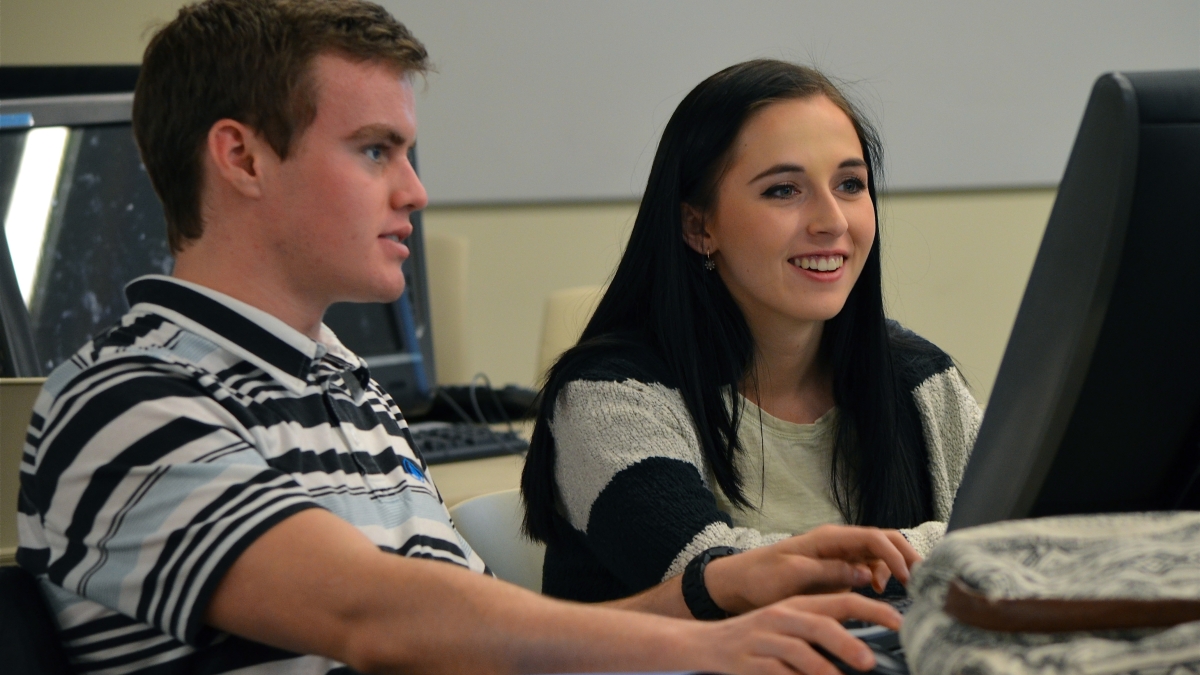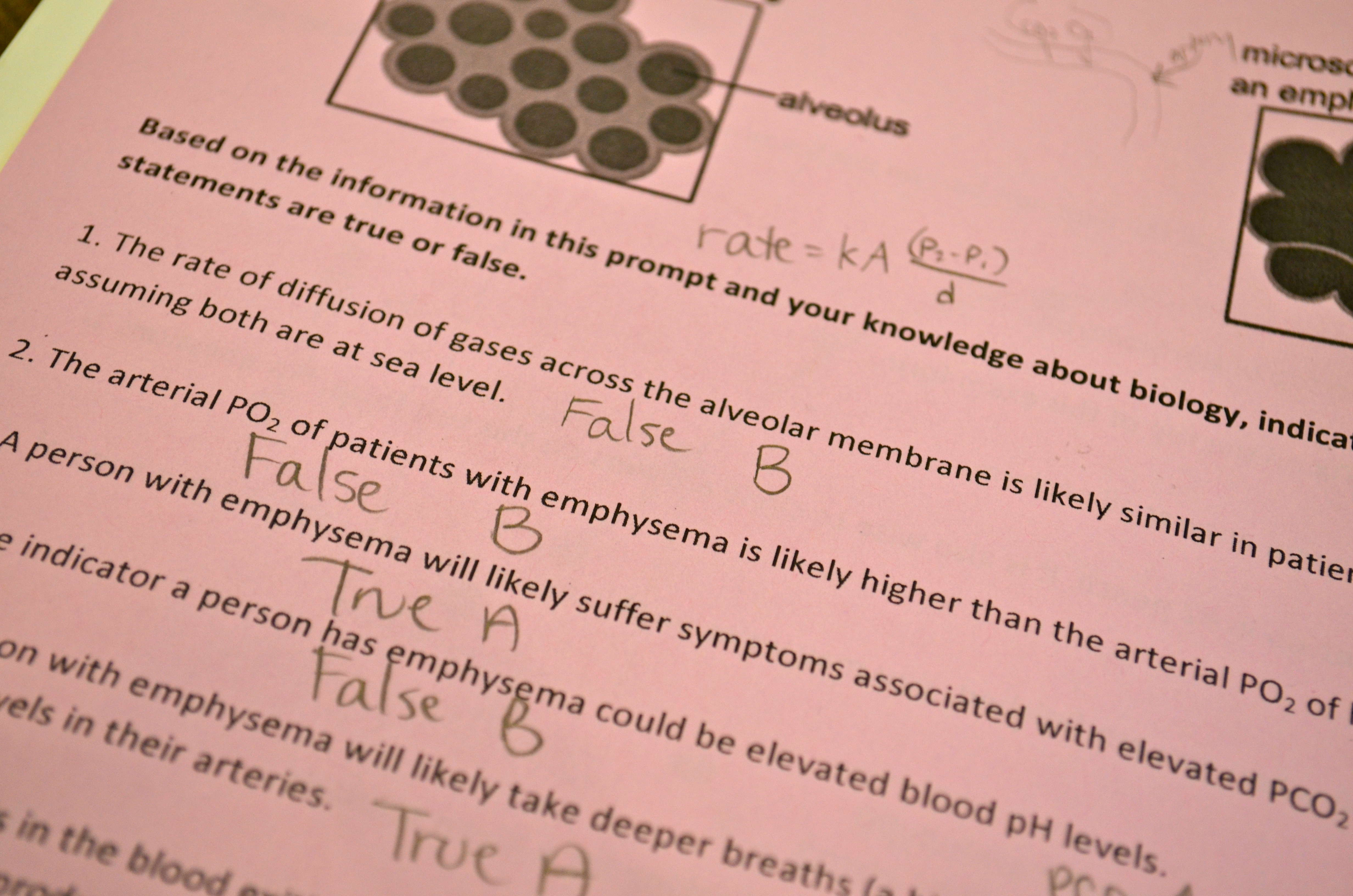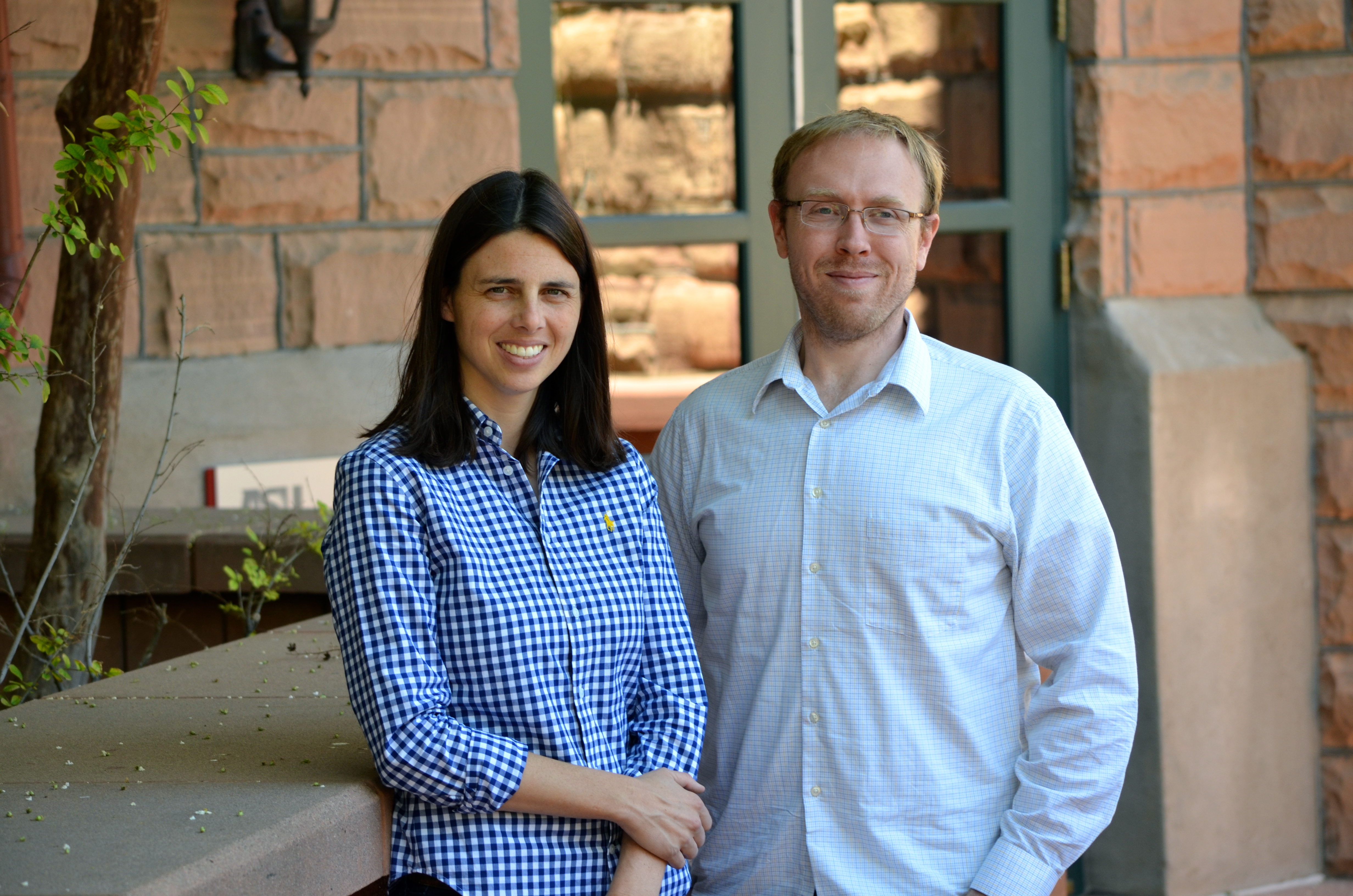Gender gap discovered in science-exam performance

ASU researchers have discovered that females and males do equally well on exams that require mostly memorization. However, when tests include cognitively challenging questions that require elevated critical thinking, females and lower-socioeconomic-status students score lower, despite equal academic ability. Photo by Sandra Leander/ASU
Male students in undergraduate introductory biology courses are outperforming females at test time, but it may be due to how exams are designed rather than academic ability. In addition, high-socioeconomic-status students are performing better than lower-status students on those same tests.
Arizona State University researchers and their collaborators have discovered that females and males do equally well on exams that require mostly memorization. The same holds true for low- and high-socioeconomic-status students. However, when tests include cognitively challenging questions that require elevated critical thinking, females and lower-socioeconomic students score lower than their male or high-status peers, even though the students have equal academic ability.
“At first glance, one might assume the differences in exam performance are based on academic ability. However, we controlled for this in our study by including the students’ incoming grade-point averages in our analysis,” said Christian Wright, co-first author of the study and instructional professional with ASU's School of Life Sciences. “We were surprised to find that this gap emerged based on cognitive challenge level, and that this negatively affected women and lower-socioeconomic students.”
The study appears in the current online issue of the scientific journal CBE—Life Sciences Education.
Over a three-year period, researchers looked at 87 introductory biology exams taught by 26 instructors at a public research university, and they included more than 4,800 students in the analysis. Due to the large scale of the study, the researchers were able to collect exams in which test characteristics spanned a breadth of possibilities.
Photo by Sandra Leander/ASU
Sara Brownell, an assistant professor with the School of Life Sciences and senior author of the study, said there is a national movement to create biology tests that are more cognitively challenging, as these types of tests can improve students’ conceptual understanding of biology; however, doing so may harm the very students they are trying to help.
“We do not recommend lowering the bar. But, we may need to reassess how we are teaching introductory biology to meet these expectations on exams,” Brownell said. “We do want to test at these higher cognitive levels, but we don’t want to increase the performance gaps between male and female students, as well as between lower- and higher-socioeconomic-status students.”
Brownell recommends using active learning practices to help close the gap, including clickers, classroom discussion and other tools known to enhance student learning and help students perform better on critical thinking questions. In addition, she said more studies are needed to better understand the phenomenon.
Assistant professor Sara Brownell and instructional professional Christian Wright, both with the ASU School of Life Sciences, are studying how different types of tests affect student learning. Photo by Sandra Leander/ASU
If student academic ability is the same, why does a gap emerge when the students take more challenging exams that test critical thinking?
“That’s the million-dollar question,” said Wright, who completed the study while a post-doctoral researcher in Brownell’s lab. “We think psychological factors such as stereotype threat, which can impact cognitive load, or students having growth or fixed mind-sets, may be at play. Regardless, we know we need more information before we can say anything conclusive about why this is occurring. We want to increase students’ knowledge of biology, but we don’t want to create another problem in the process.”
Research collaborators included co-first author Sarah Eddy from University of Texas at Austin and other collaborators from University of Washington.
National Science Foundation grants TUES 1118890 and TUES 1322556 funded this study.
More Arts, humanities and education

The Design School wins award for impactful design education
Luis Angarita, program head for The Design School’s industrial design program, attended the inaugural Don Norman Design…

ASU professor’s award-winning book allows her to launch scholarship for children of female shrimp traders in Mexico
When Arizona State University Associate Professor Maria Cruz-Torres set out to conduct the fieldwork for her third book, "Pink…

Herberger Institute Professor Liz Lerman to be honored as Dance Magazine Award winner
Dance Magazine has announced that Arizona State University Herberger Institute Professor Liz Lerman will be honored as a…

